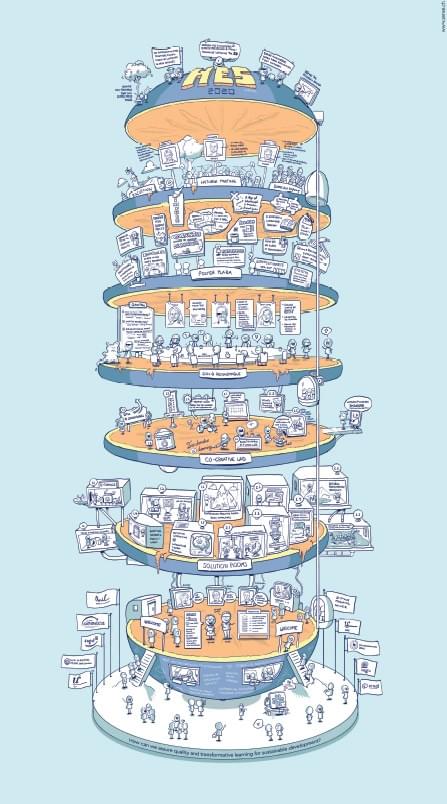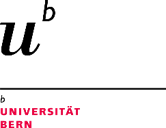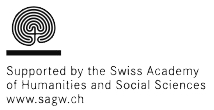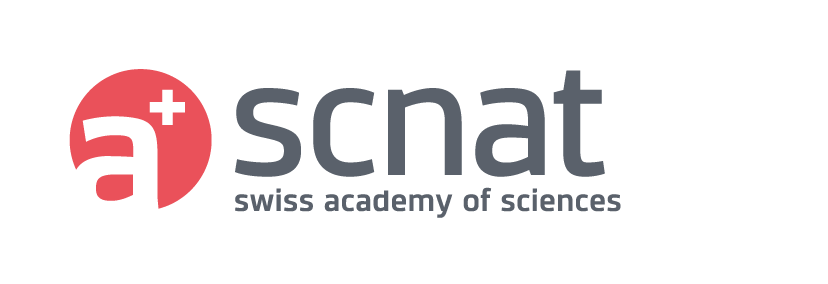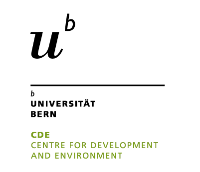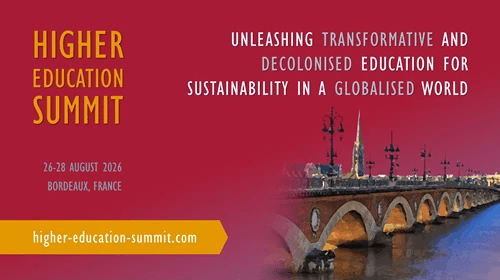
RESOURCES

"How can we assure quality and transformative learning for sustainable development?" That was the question we discussed with over 230 participants from 35 countries at the HES2020.
On this page you can access various materials from the conference including recordings of keynotes, virtual excursion videos, posters and more.
⭢ Download the Visual Summary of the HES2020 (pdf, 23 MB; created by Zense)
⭢ Watch the video report
PRE-RECORDED KEYNOTE VIDEOS
KEYNOTE 2
Dzulkifli Abdul Razak ⭢ Read more
KEYNOTE 3
Christoph Grolimund ⭢ Read more
KEYNOTE 4
Mandy Singer-Brodowski ⭢ Read more
KEYNOTE 5
Arjen Wals ⭢ Read more
LIVE KEYNOTE
Elizabeth Lange ⭢ Read more
"From Separation to Relation: Transforming Higher Education in the Great Epochal Shift"
Materials:
- Handout Breathwork ⭢ Download
- Handout Mapping Kinship Relations ⭢ Download
Further reading:
- Lange, E. A. 2019. Transformative learning for sustainability. Encyclopedia of Sustainability in Higher Education. Edited by W. Leal Filho. Switzerland, Springer Nature, pp 1-13. ⭢ Download
- Lange, E. A. 2018. Transforming transformative education through ontologies of relationality. Journal of Transformative Education 16(4): 280-301. ⭢ Download
- Bornemann, B. et al. 2020. Sustainability-oriented transformative learning and teaching in higher education: Eight propositions on challenges and approaches. ⭢ Download
PRE-RECORDED EXCURSION VIDEOS
EXCURSION 1
"Radiesli"
Radiesli (Radishes) is a solidarity-based agricultural initiative located 10 kilometers outside of Bern. Participation is a central element of Radiesli, because the products are cultivated, harvested and distributed together with the consumers. This exchange is of benefit to both sides, as the work brings awareness and understanding of organic farming and consumer reality. Radiesli is well established; but how can socio-political challenges be met? And how can agricultural initiatives like Radiesli transform from niches to regime level? What role do larger institutions play and what contribution does science make to this transdisciplinary partner?
EXCURSION 2
"Grundstock"
Grundstock (Basics) enables people in Bern to do their weekly shopping in a simple but local way. Grundstock draws its inspiration from four key principles: goods directly from the producer, organic production, small businesses, and a local-economy network. Once a week, the producers deliver the exact amount of goods required by customers, bringing them from the countryside to the storeroom in a garage located in the middle of the city. Consumers can either pick up their goods at the storeroom or have them delivered to their home. Grundstock doesn’t focus on consumers; it is interested in supporting the local economic cycle against the logic of growth-oriented economics. What is urgently needed is a shared understanding of sustainability that doesn’t exclude small production through expensive labels. Grundstock also asks for transparency and is interested in scientific work that supports small de-growth initiatives. How does science need to transform to be able to do this? And how can consumers understand the difference between different kinds of sustainability-oriented businesses? How can concepts like Grundstock expand?
EXCURSION 3
"BoGa" (Botanischer Garten)
The botanical garden is located at the heart of Bern and is a place where you can learn about nature and its diversity through experiences appealing to mind and body. To make people aware of their relation with nature and show them how it is endangered, scientists and volunteers give guided tours and make nature accessible again. While visitors learn scientific facts, the scientists reflect on their work during transdisciplinary interaction. What can science learn from a place like “BoGA”? And what is their transformative role?
EXCURSION 4
"Feuerwehr Viktoria"
The Feuerwehr Viktoria is a cooperative located in the former fire brigade headquarters in the northern part of Bern. Since 2015, over 30 projects have evolved and revitalized this previously rather quiet corner of the city. You can find urban gardening next to raw food production, a boxing school not far from a rental shop and repair café, a weekly market in front of the very popular restaurant, while children come and go to the day school upstairs. What types of structures are needed to build such a participative project? How can project members, neighbors and visitors learn from each other? What is necessary to maintain this non-profit, artistic and cultural meeting space, how can science contribute? What does a socially mixed form of living and working together look like? Let the idealism and passion of this place inspire you!
EXCURSION 5
"Velohauptstadt Bern"
In 2018, the proportion of cyclists compared to the overall traffic in Bern had increased to 15 percent. The city council is now actively improving the road infrastructure (e.g. separate bike lanes) in favor of bicycles. What is interesting is that this top-down approach aims to include citizens and other stakeholders during the planning phase. How can the participation of stakeholders be enhanced? What kind of preconditions are needed to establish a bicycle friendly and sustainable city?
POSTERS
Watch the recording of the Poster Plaza to the left or read the report about the session provided by Adya Siddarth (⭢ Download).
Browse through the 17 posters by clicking on the arrows on the left and right hand side of the slide show below. Click on the images to enlarge the posters and download them as a pdf. You can also download all 17 posters at once (zip-file, 23 MB).
COVID-19 ROUND TABLE

READINGS:
- Marinoni, G., Van't Land, H. & Jensen, T. 2020. The impact of COVID-19 on higher education around the world. IAU Global Survey Report.
The IAU conducted an online survey from 25 March to 17 April 2020 which received 576 replies from 424 universities and other Higher Education Institutions based in 111 countries and territories. The results are analysed in this report both at the global level and at the regional level in four regions of the world (the Americas, Asia, Pacific and Europe). ⭢ Download
- Karrer, Laurenzia M., Trechsel, Lilian J., Zimmermann, Anne B. 2020. Centre for Development and Environment (CDE), University of Bern, Switzerland.
Excerpted interpretation of interviews conducted in the Mercator project “Social Innovations in the Context of the Coronavirus Crisis: Is There Potential for Social-Ecological Transformations?”. ⭢ Download
